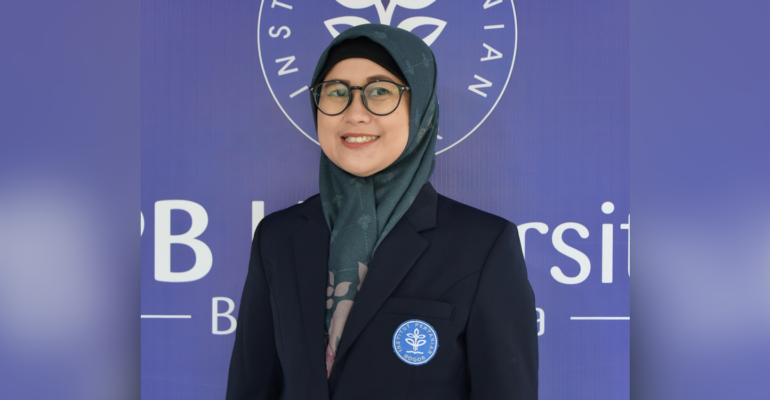IPB Communication Expert Responds to the Issue of the Broadcasting Law Revision Draft

The draft revision of the Broadcasting Law (UU) currently being discussed by the DPR RI has sparked both support and opposition. One of the main changes is the expansion of broadcasting coverage to include digital platforms, such as over-the-top (OTT) services like Netflix, Amazon Prime, and Disney+ Hotstar. With these changes, digital platforms will be overseen by the Indonesian Broadcasting Commission (KPI) and must comply with the same rules as conventional broadcasting such as television and radio.
This revision also focuses on the regulation of broadcast content, so all forms of broadcasting, both conventional and digital, will be treated equally under the law. The draft revision of the Broadcasting Law has drawn criticism, claiming that these strict regulations could potentially limit the public’s right to access diverse content.
Dr Dwi Retno Hapsari, a communication expert from IPB University, explained that the revision of the law is an initiative that should be carefully considered by all related parties. According to her, the background of the Broadcasting Law revision is to create broadcasting that is more educational, high-quality, informative, creative, inspirational, beneficial, and enlightening for the nation.
“The actual goal of this law revision is to respond to the development of broadcasting technology, but indeed every legal revision comes with pros and cons regarding its future implementation. Will the implementation align with its goals? There are indeed some concerns, particularly regarding the potential restriction of press freedom,” said Dr Retno, a lecturer at IPB University from the Department of Communication and Community Development Sciences, Faculty of Human Ecology.
She explained that one of the controversial articles being widely discussed is Article 50 B, paragraph 2, letter C, which states that the Content Standard for Broadcasts (SIS) prohibits the exclusive broadcasting of investigative journalism. This new regulation is seen as restricting press freedom, especially concerning investigative and critical content often broadcast through digital platforms.
“The media is often referred to as the fourth estate, the fourth pillar of the state. Moreover, there is the watchman function, policy function, and teaching function as the goals of developmental journalism,” she said.
She stated that the media provides a space for the need to express and voice the aspirations of the public. However, the public should still be aware of the boundaries.
According to her, the current dynamics require deeper discussions among stakeholders. These discussions are necessary to thoroughly address the draft revision of the Broadcasting Law and its implementation, as there are concerns about potential rubber articles.
“There must be a joint discussion between the government, media professionals, and the public. The extent of the restrictions needs to be clear because unsupervised digital broadcasting can also be dangerous. Additionally, the media must uphold neutrality and have the right to conduct investigations as long as the process aligns with journalistic principles,” said Dr Retno.
She emphasized that the draft revision of the Broadcasting Law has significant implications both in terms of content supervision and public protection. However, the revision also raises concerns about freedom of expression, press freedom, and the potential restriction of access to diverse content. “There needs to be a balance between effective regulation and the protection of fundamental rights to minimize negative impacts,” she concluded. (Rani/ra) (IAAS/Hap)



